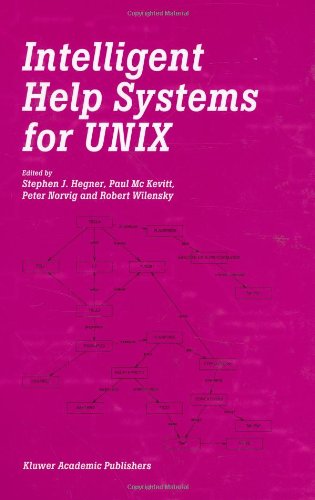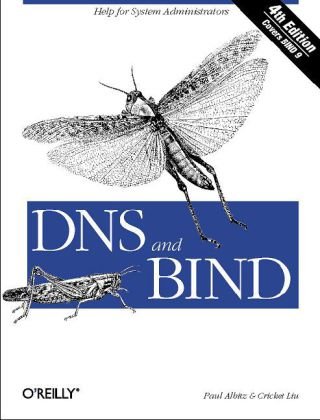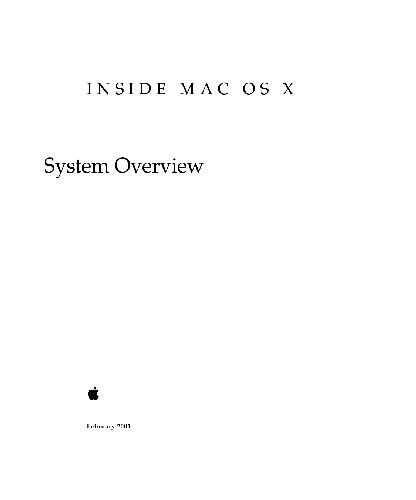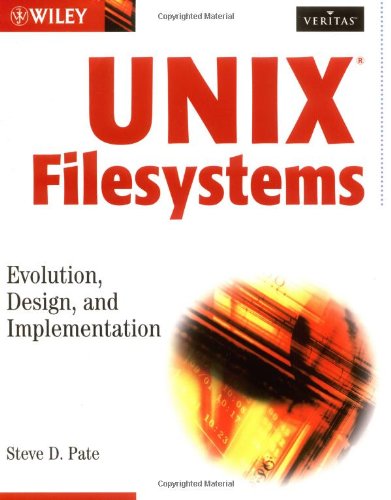Stephen J. Hegner, Paul Mc Kevitt, Peter Norvig, Robert Wilensky9780792366416, 0792366417
In this international collection of papers there is a wealth of knowledge on artificial intelligence (AI) and cognitive science (CS) techniques applied to the problem of providing help systems mainly for the UNIX operating system. The research described here involves the representation of technical computer concepts, but also the representation of how users conceptualise such concepts. The collection looks at computational models and systems such as UC, Yucca, and OSCON programmed in languages such as Lisp, Prolog, OPS-5, and C which have been developed to provide UNIX help. These systems range from being menu-based to ones with natural language interfaces, some providing active help, intervening when they believe the user to have misconceptions, and some based on empirical studies of what users actually do while using UNIX. Further papers investigate planning and knowledge representation where the focus is on discovering what the user wants to do, and figuring out a way to do it, as well as representing the knowledge needed to do so. There is a significant focus on natural language dialogue where consultation systems can become active, incorporating user modfelling, natural language generation and plan recognition, modelling metaphors, and users’ mistaken beliefs. Much can be learned from seeing how AI and CS techniques can be investigated in depth while being applied to a real test-bed domain such as help on UNIX. | |







Reviews
There are no reviews yet.